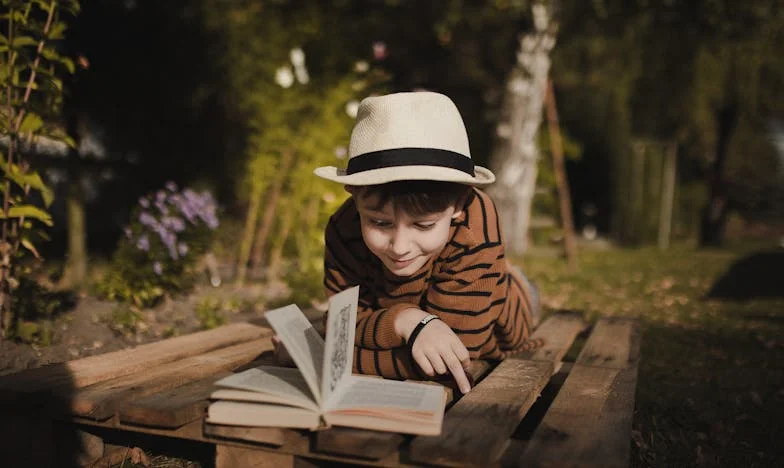Empowering Young Minds: 10+ Essential Phrases to Teach Kids
In the journey of raising well-rounded, confident, and empathetic children, the words we teach them play a pivotal role. As a family psychologist, I’ve observed the profound impact that certain phrases can have on children’s development. These phrases not only help in building their self-esteem but also in fostering a positive mindset towards life and relationships. Here are 10+ essential phrases, accompanied by real-life examples, that can significantly benefit your child’s emotional and psychological growth.
1. “I believe in you.”
When William was struggling with his math homework, his mother noticed his frustration. Instead of solving the problem for him, she said, “I believe in you, William. You can figure this out.” This simple phrase boosted William’s confidence, encouraging him to persevere until he solved the problem on his own.
2. “It’s okay to make mistakes.”
Landon was hesitant to try skateboarding, fearing he would fall. His father shared stories of his own falls and reassured him, “It’s okay to make mistakes, Landon. That’s how we learn.” This phrase taught Landon that failure is part of the learning process, making him more willing to try new things.
3. “How do you feel about that?”
When Kayla came home upset about a disagreement with a friend, her mother asked, “How do you feel about that, Kayla?” This question encouraged Kayla to express her emotions and taught her the importance of acknowledging and communicating her feelings.
4. “You can say no.”
Brian was feeling overwhelmed with requests from his classmates to share his notes. His teacher noticed and advised him, “You can say no, Brian. It’s important to set boundaries.” This phrase empowered Brian to assert his boundaries respectfully.
5. “Let’s try to see it from their perspective.”
Victoria was angry with her brother for taking her toy without asking. Her grandmother sat her down and said, “Let’s try to see it from his perspective, Victoria. Maybe he didn’t realize it was important to you.” This phrase encouraged empathy, helping Victoria understand the importance of considering others’ feelings.
6. “I’m proud of you for trying.”
Barbara was disappointed after not winning a race at her school sports day. Her father hugged her and said, “I’m proud of you for trying, Barbara.” This phrase helped Barbara realize that effort is more valuable than winning, boosting her resilience.
7. “What did you learn from this?”
After a failed science experiment, Kayla’s teacher asked, “What did you learn from this, Kayla?” This question shifted her focus from failure to learning, highlighting that every experience has a valuable lesson.
8. “I’m sorry. I was wrong.”
When Landon’s mother mistakenly blamed him for breaking a vase, she later learned the truth and apologized, saying, “I’m sorry. I was wrong.” This phrase taught Landon the importance of admitting mistakes and the strength in apologizing.
9. “Thank you for helping.”
Whenever Brian helped his younger sister with her homework, his parents made it a point to say, “Thank you for helping, Brian.” This phrase instilled in him the value of kindness and the joy of helping others.
10. “You are loved.”
No matter the situation, Barbara’s family made sure to remind her, “You are loved.” This simple yet powerful phrase ensured that Barbara felt secure and valued, forming the foundation of her self-worth.
11. “Let’s work together on this.”
Facing a difficult puzzle, Victoria’s family joined forces, saying, “Let’s work together on this, Victoria.” This phrase taught her the importance of teamwork and collaboration in solving problems.
By incorporating these phrases into daily interactions with children, we can significantly influence their development positively. These words have the power to shape their thoughts, actions, and interactions, laying the foundation for a healthy, happy, and fulfilling life.
